Results from Swindon’s most extensive homeless survey have revealed some of the hard-hitting realities faced by the town's rough sleepers.
Homeless charity Threshold Housing Link has teamed up with its partnering agencies to undertake the most comprehensive survey of homelessness in Swindon.
The charity met with their partners this morning to discuss the hard facts revealed by the survey - which was taken by 85 rough sleepers living in Swindon.
Threshold Housing Link's CEO, Graeme Willis, said: "We wanted to ascertain the true reality of homelessness is Swindon. In order to better understand the health needs of single homeless people in the borough of Swindon, we developed a campaign with our partners.
“With shocking national statistics, we wondered why nobody had undertaken any research in Swindon into the health needs of homeless people. We had seen people being discharged from hospital to the streets, literally turning up at soup kitchens in pyjamas. We had experienced huge problems in accessing mental health treatment for seriously ill, highly vulnerable people – many who were unable to get prescriptions for the essential medicines they needed.
"The issues of homelessness have a financial impact on the NHS, the police, the council and charities. Unfortunately, the reality is that overall costs are greater if prevention and treatment services are not well planned and adequately resourced.
"We reasoned that without knowing accurately what the problems are, it is logically difficult to imagine how we can be a wholly effective part of planning the solution?”
The survey results, as read by Threshold Housing Link's CEO, Graeme Willis, revealed:
- "There was a significant number who had been discharged back to the streets who had been admitted to hospital – 43% claim to have been discharged to the streets from being a patient. A large number weren’t even asked what their housing situation was before being discharged.
- "Two thirds of the cohort said they had a long-standing illness.
- "Half of the people who responded claimed they had been informed by a health professional that they had a mental health issue – depression was by far the biggest issue.
- "10% admitted to calling an ambulance or turning up at a hospital because of attempted suicide, or self-harm. 58% said they were receiving support but only 38% said it met their needs.
- "Of those who had been admitted to hospital, 43% claimed to have been discharged back to the street and of those 29% had been readmitted within a month.
- "Whilst the majority of respondents were registered with a GP, a significant number were either not in receipt of treatment or felt that the treatment on offer did not fully meet their needs. Rates of self-harm and attempted suicide were high.
- "Over 40% admitted to smoking cannabis on a regular basis and about 30% were active users of heroin and crack cocaine.
- "40% of this group had spent time in prison.
- "17% had been in the care of a local authority as a child - Nationally that figure is about 12%, so that says something about the experience of young people being in care and leaving care."
Threshold now want to use the survey results to take appropriate action in providing further support for Swindon's homeless population - this will include a continual collaboration with staff and volunteers from Swindon Homeless Helping Hands, Salvation Army’s Booth House, Big Breakfast, The Nightshelter and Healthwatch.
Michael Keenan, Threshold's Business Development Manager said: "It was an extremely important undertaking, made possible through collaboration with our partner organisations working in the homeless sector in Swindon. We consulted directly with our town’s homeless population, seeking to ascertain a clear picture of their individual circumstances, and particularly their respective health needs. Our motivation in doing so was to empirically reflect, in comprehensive detail, the reality of existence for homeless individuals in our town.
"With limited resources across the borough, and within our own charity, we wanted to be certain that finite resources were deployed to maximum impact for the benefit of those in desperate need.
"By publishing this report we hope that partners within health, housing, and in the voluntary sector will be able to plan their services more effectively to improve the lives of our homeless population."
Gill May, Director of Nursing and Transformation, Swindon CCG, added: “Our goal as a CCG is to ensure that all people have access to healthcare at the point of need, in a timely way and seen by the right service and right person, and it is so important that Swindon’s homeless community is not excluded from this.
"In recent months I’ve been fortunate enough to spend some time with homeless people from across Swindon, and I’ve been shocked to hear of the difficulties many face when trying to access the everyday NHS services most of us take for granted.
"This report, which is full of valuable insight into what life on the streets is really like, will go a long way in helping us together deliver practical healthcare solutions – such as free flu jabs and support for drug and alcohol addiction – that will hopefully make life that little bit easier for some of the most vulnerable people in our town.”
To view the results from the survey visit www.thl.org.uk or email [email protected].

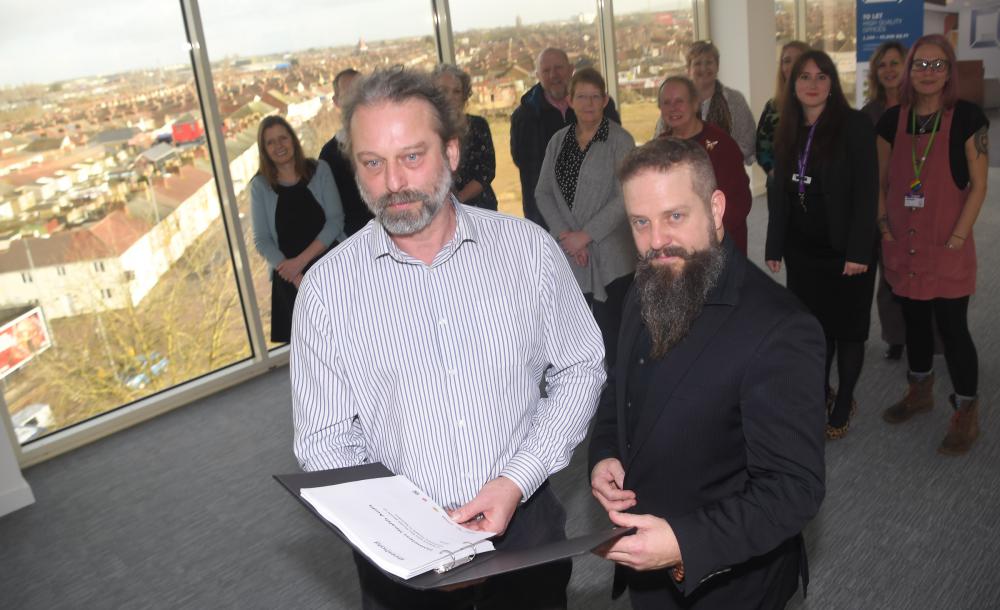
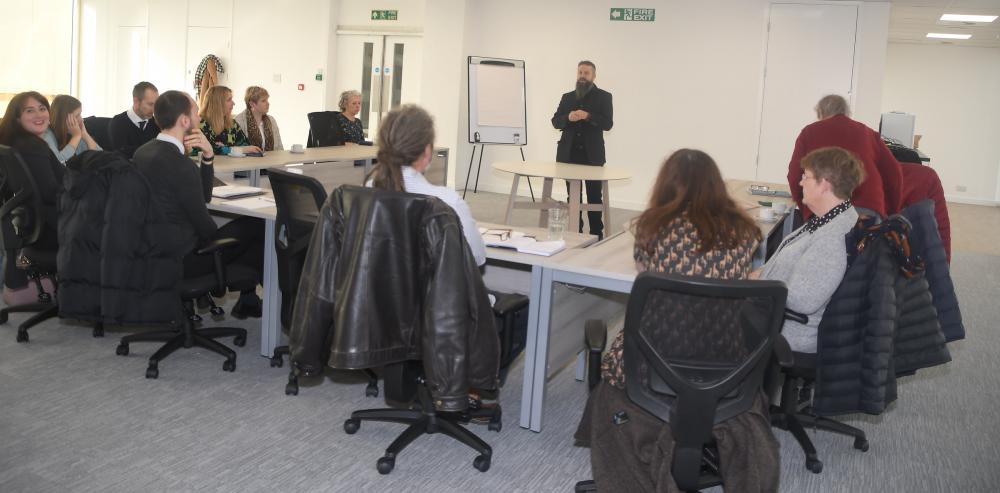
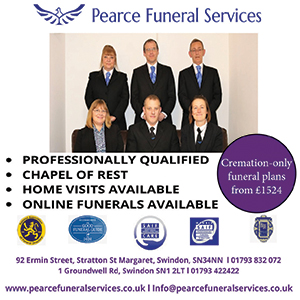
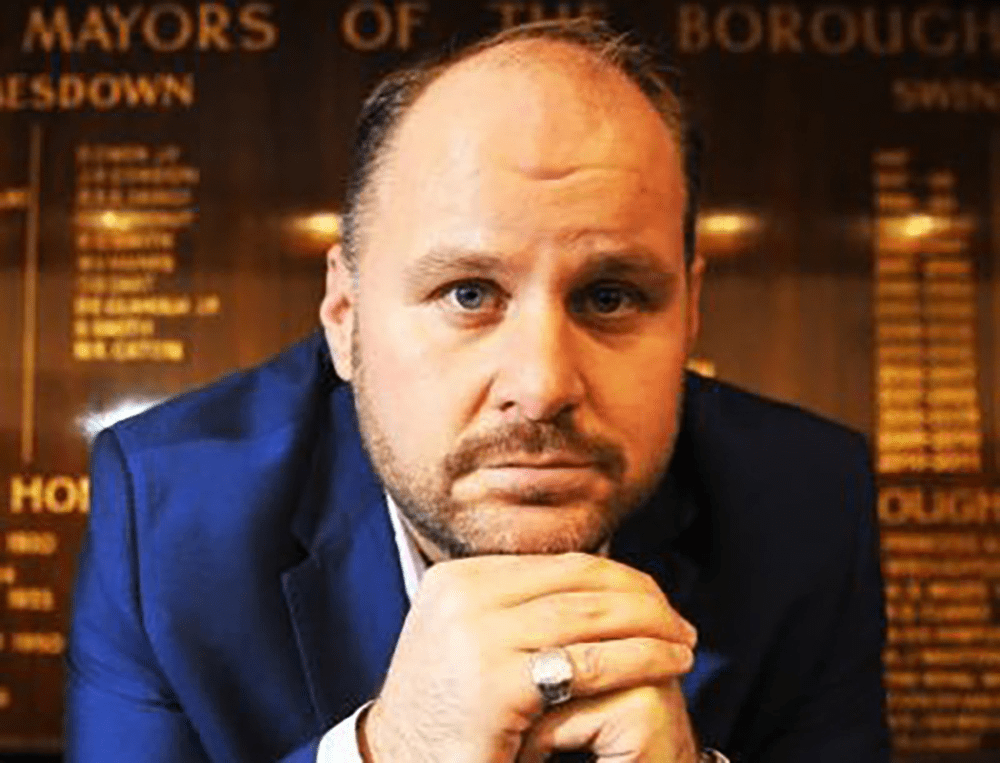
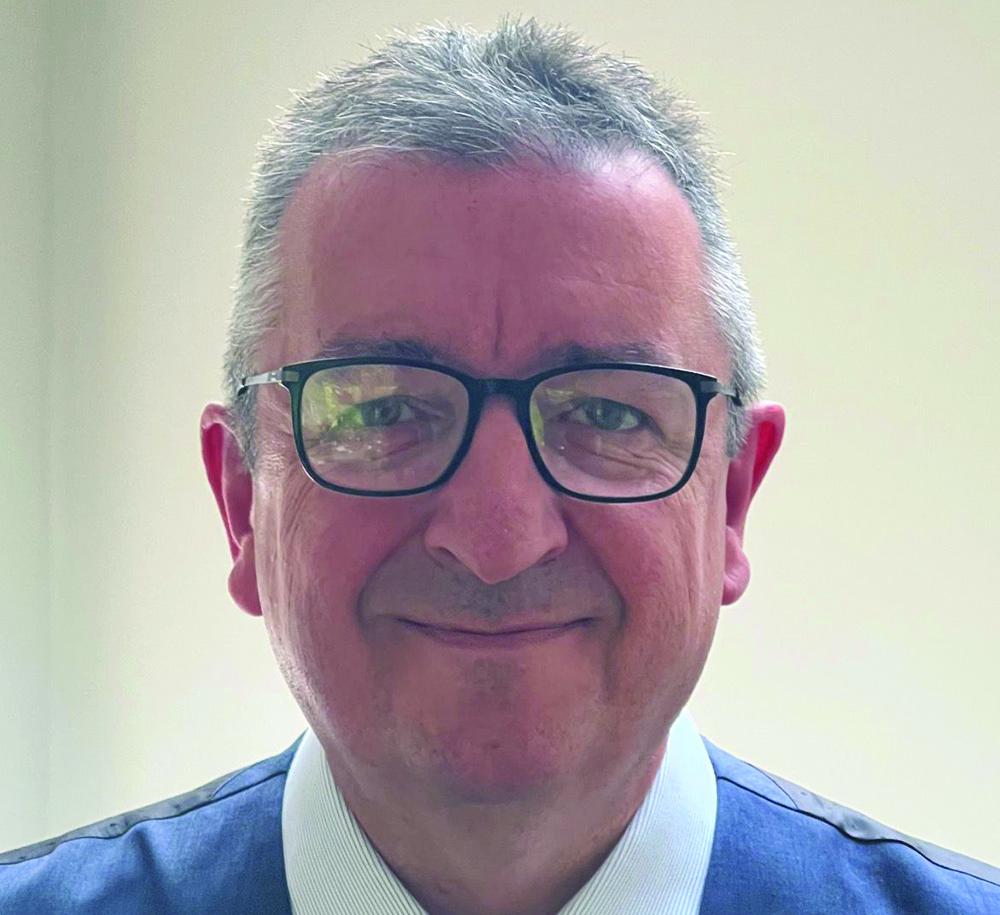

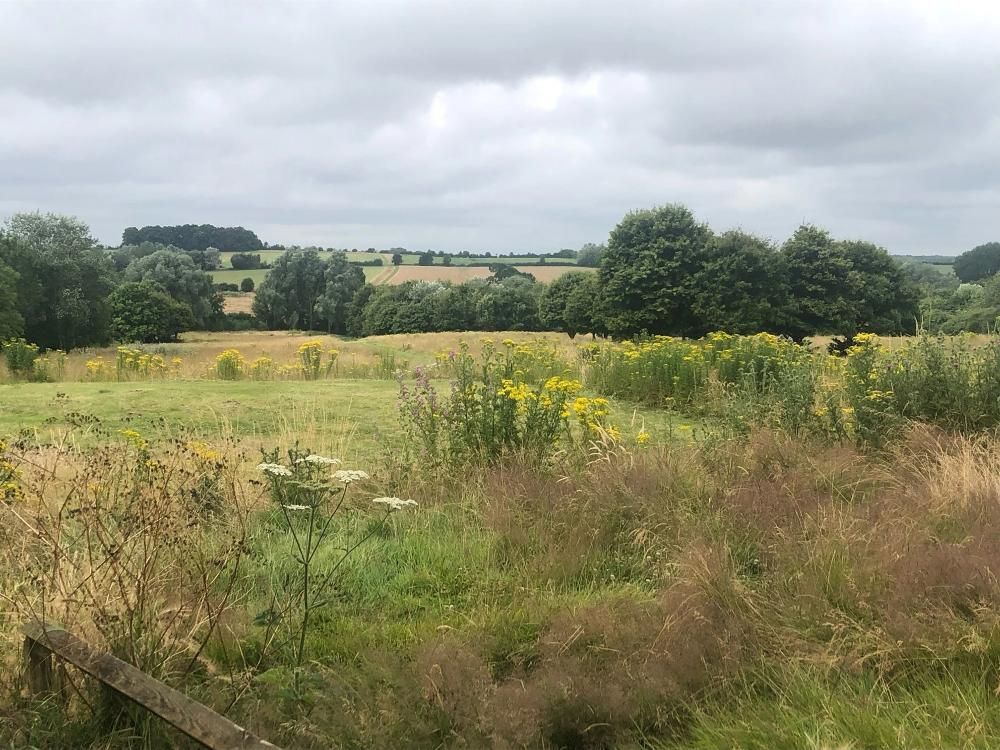
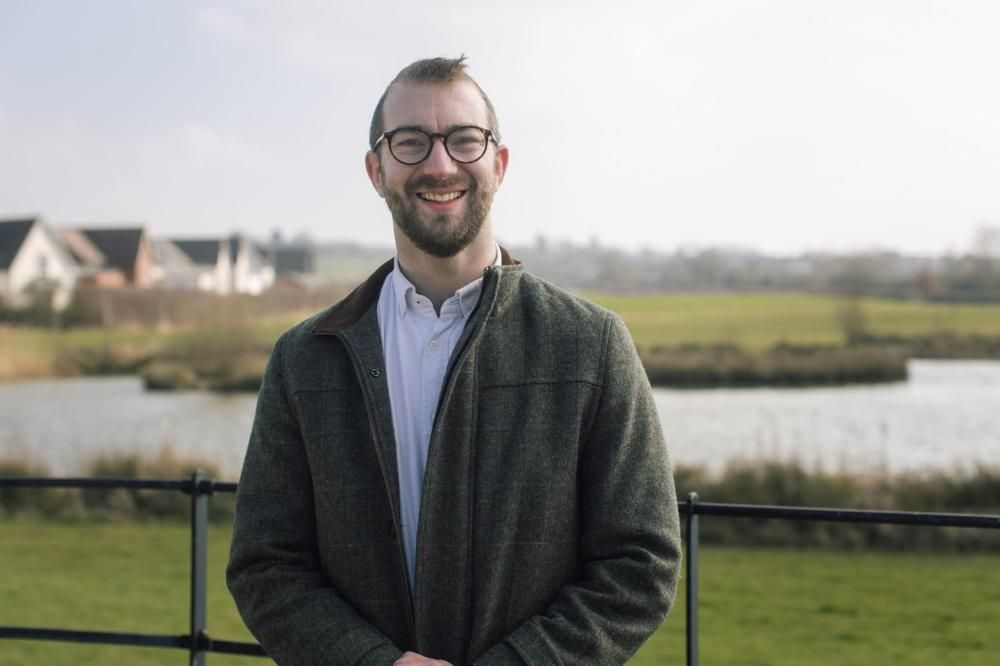
Your Comments
Be the first to comment on this article
Login or Register to post a comment on this article